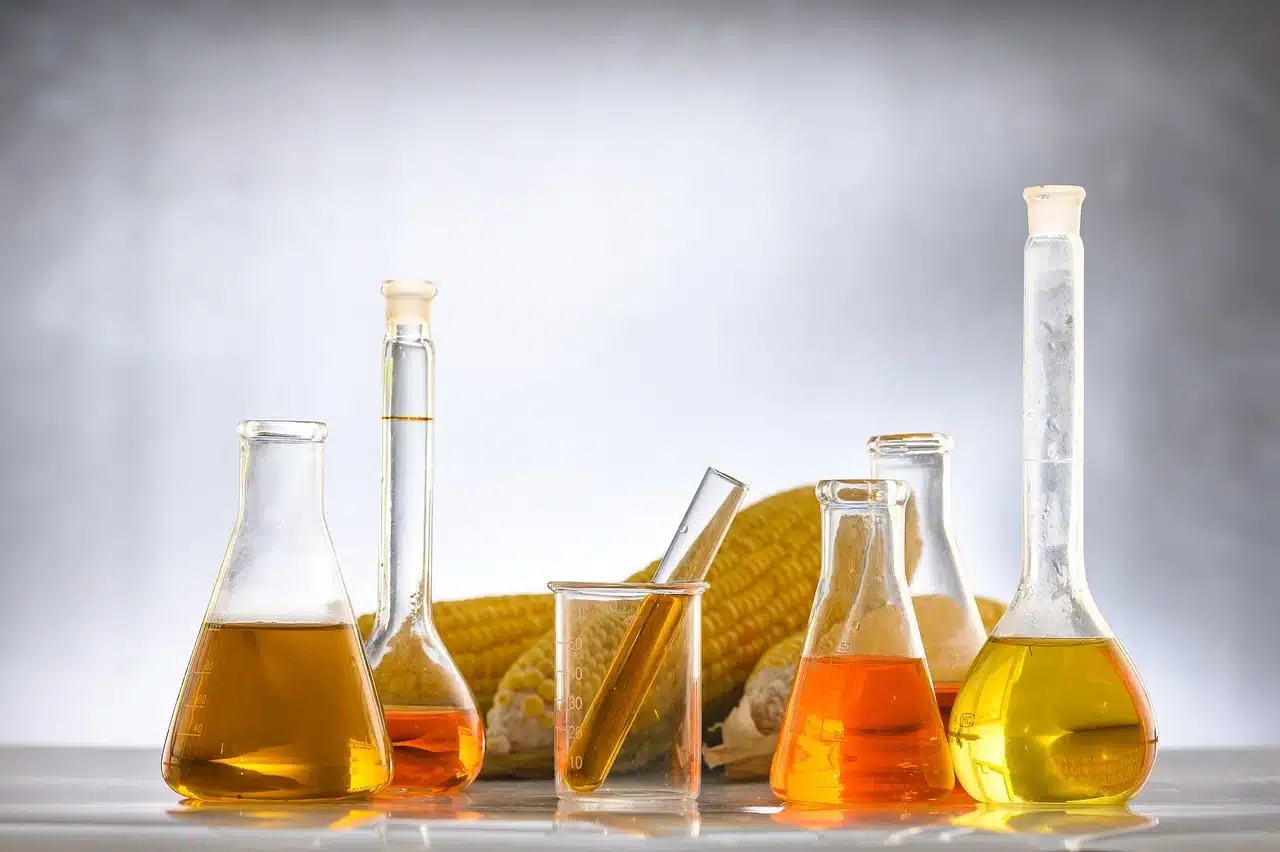Introduction:
Biochemistry, the interdisciplinary field that investigates the chemical processes and molecules that underpin life, serves as the bridge between biology and chemistry. From the structure and function of biomolecules to the intricacies of cellular metabolism, biochemistry provides a comprehensive framework for understanding the molecular basis of life. In this article, we embark on a captivating journey into the world of biochemistry, exploring its foundational principles, cutting-edge research, and diverse applications in medicine, agriculture, and biotechnology.
The Building Blocks of Life:
At the heart of biochemistry lies the study of biomolecules—organic molecules essential for life processes. These include carbohydrates, lipids, proteins, nucleic acids, and small molecules such as vitamins and coenzymes. Each of these biomolecules plays a crucial role in maintaining the structure, function, and regulation of cells and organisms. For example, proteins serve as enzymes, catalysts that facilitate biochemical reactions; nucleic acids, such as DNA and RNA, store and transmit genetic information; and carbohydrates and lipids provide energy and structural support.
Structure-Function Relationships:
A central tenet of biochemistry is understanding the intricate relationship between the structure and function of biomolecules. The unique three-dimensional structure of proteins, for instance, determines their specific functions and interactions with other molecules. This structure-function relationship extends to enzymes, where the precise arrangement of amino acids in the active site dictates substrate specificity and catalytic activity. Likewise, the double helical structure of DNA enables its role as the carrier of genetic information, with specific base pairing allowing for faithful replication and transcription.
Cellular Metabolism:
Biochemistry elucidates the biochemical pathways by which cells generate energy, synthesize biomolecules, and regulate cellular processes. Central to cellular metabolism is the process of cellular respiration, which involves the breakdown of glucose to produce ATP, the cell’s primary energy currency. Additionally, biochemistry explores anabolic pathways, such as the synthesis of proteins and nucleic acids, which require energy input and the participation of enzyme-catalyzed reactions. Metabolic regulation, governed by feedback mechanisms and signaling pathways, ensures the coordination of cellular activities in response to environmental cues and metabolic demands.
Molecular Genetics and Gene Expression:
Biochemistry intersects with molecular genetics to unravel the mechanisms of gene expression and regulation. Transcription, the process by which genetic information encoded in DNA is transcribed into RNA, is orchestrated by RNA polymerase enzymes and regulated by transcription factors. Subsequent translation of mRNA into proteins occurs at the ribosome, where the genetic code is deciphered to synthesize specific amino acid sequences. Post-translational modifications, such as phosphorylation and glycosylation, further modulate protein function and activity, contributing to the complexity of cellular processes.
Applications in Biotechnology and Medicine:
The principles of biochemistry find diverse applications in biotechnology, medicine, and agriculture. In biotechnology, recombinant DNA technology allows for the manipulation and expression of genes to produce pharmaceuticals, enzymes, and genetically modified organisms with desired traits. In medicine, biochemistry underpins the development of diagnostic tests, therapeutic drugs, and personalized treatments targeting specific molecular pathways and biomarkers. In agriculture, biochemistry informs the optimization of crop yields, nutrient uptake, and resistance to pests and diseases through genetic engineering and metabolic engineering approaches.
Conclusion:
Biochemistry serves as the foundation upon which our understanding of the molecular basis of life rests. Through its exploration of biomolecules, cellular processes, and metabolic pathways, biochemistry provides insights into the complexities of living organisms and offers practical solutions to address societal challenges. As we continue to unravel the mysteries of biochemistry through research and innovation, we unlock new opportunities to advance human health, sustainability, and biotechnological innovation, shaping the future of science and society.


